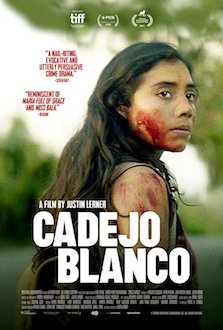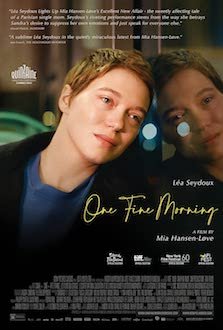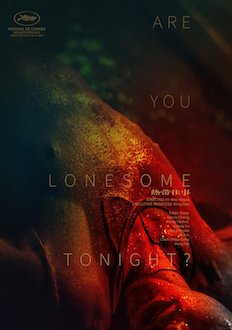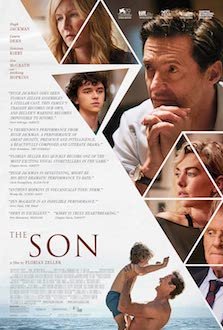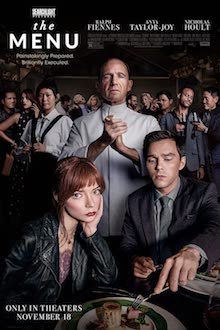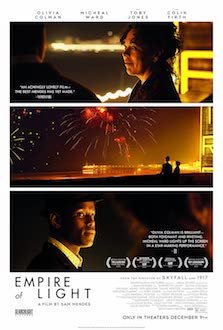Direction: Louis Garrel
Country: France
Louis Garrel, the son of esteemed director Philippe Garrel for whom he has acted several times over the years (Regular Lovers, 2005; Jealousy, 2013; Le Grand Chariot, 2023), wrote, directed and starred in The Innocent, his fourth feature and most rewarding film so far. This project took five years to mature and bears a very personal stamp as it was inspired by his mother, the actress Brigitte Sy, who actually married a prisoner in the penitentiary where she was giving theater workshops. Louis was 18 when that occurred.
Here, he impersonates the taciturn Abel, who freaks out when informed about what his mother (Anouk Grinberg) is planning to do. In panic, he starts to investigate all the moves of his suspicious father-in-law (Roschdy Zem) with the help of his best friend, Clemence (Noémie Merlant).
This romantic comedy drama, brilliantly served with a slice of heist thriller on the side, takes a somewhat familiar concept and applies it to the story of mother and son. The well-crafted plot entertains without upsetting, and the film is carried out with remarkable ease. It's all very charming (thanks to the fantastic ensemble cast and some decent chemistry between them), gloriously dramatic (the scene at the restaurant is memorable) and, at some point, thrilling. Garrel ultimately finds the perfect equilibrium between genres, guaranteeing narrative fluidity at all times.
Narrative cleverness and adroit editing sustain us through a story that, being irremediably elemental, simple and light, succeeds in its efforts as it is also graced with a typically super performance by Merlant and an effective direction by Garrel. Delivering that pure pleasure of cinema we thought already lost, they will put a smile on your face.





